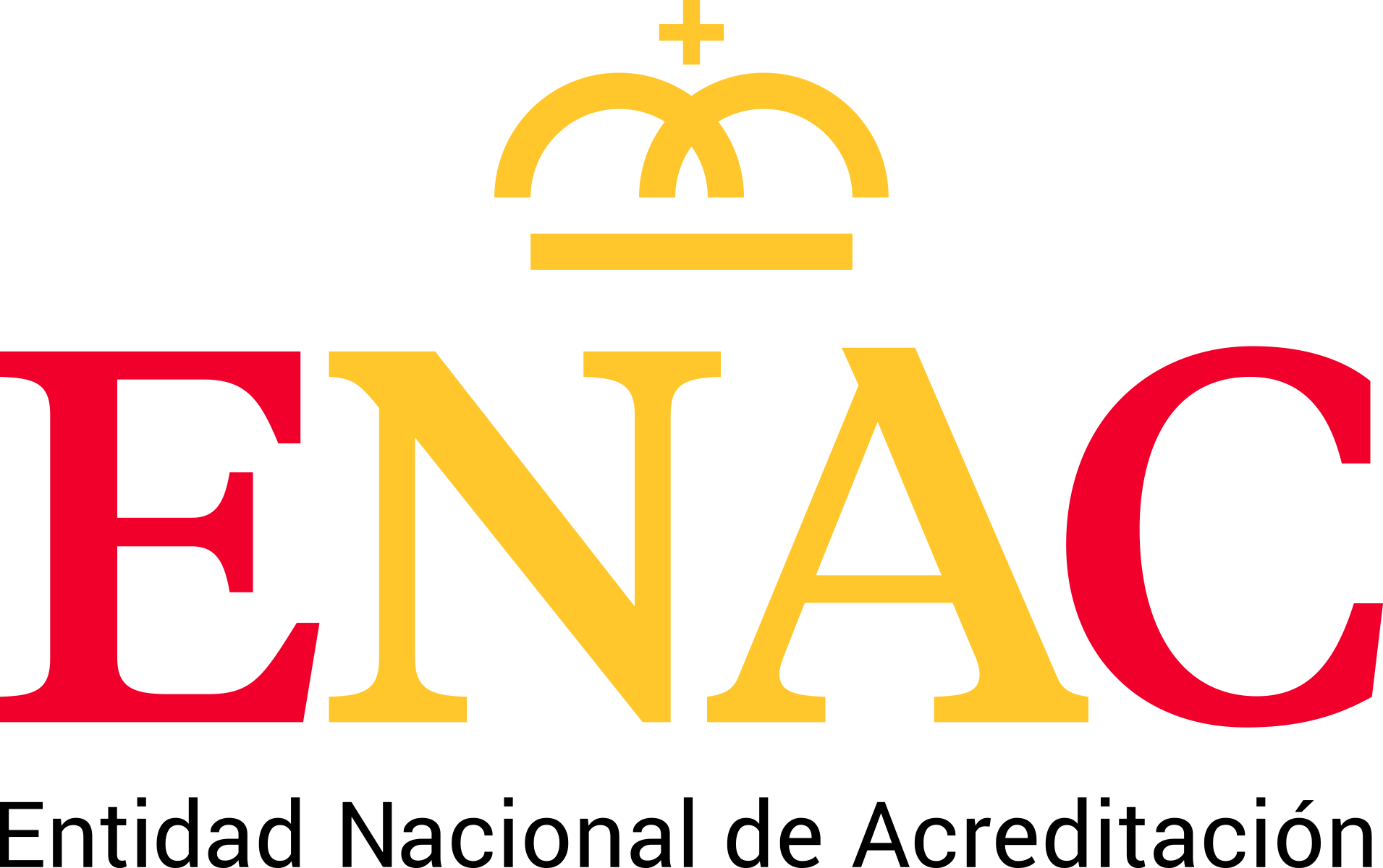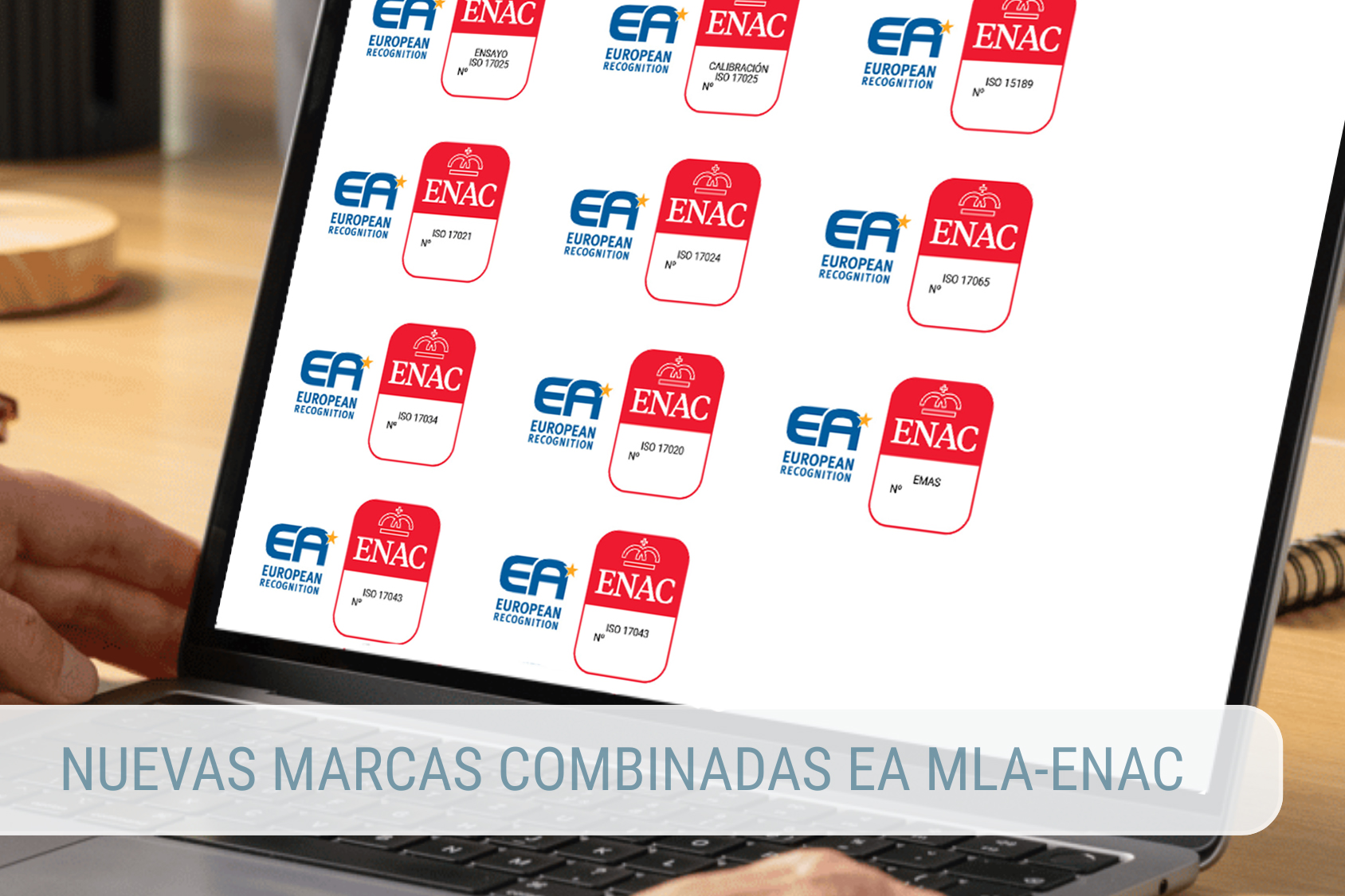
EA multilateral recognition agreement mark launched
See more
LABAQUA: first accredited for testing activated carbon for treating drinking water
See more
The National Cryptologic Centre: first accredited to certify high-level ICT product security within the EUCC framework
See more
The Canary Islands Air Quality Network obtains ENAC accreditation
See more
Order TED/739/2025: a new example of confidence in accreditation as a means of controlling Collaborating Hydraulic Administration Bodies
See more
Accreditation helps simplify administrative procedures in the Fire Safety Regulations for Industrial Establishments
See more
Marlo Formació: first accredited body to certify mobile self-propelled crane operators
See more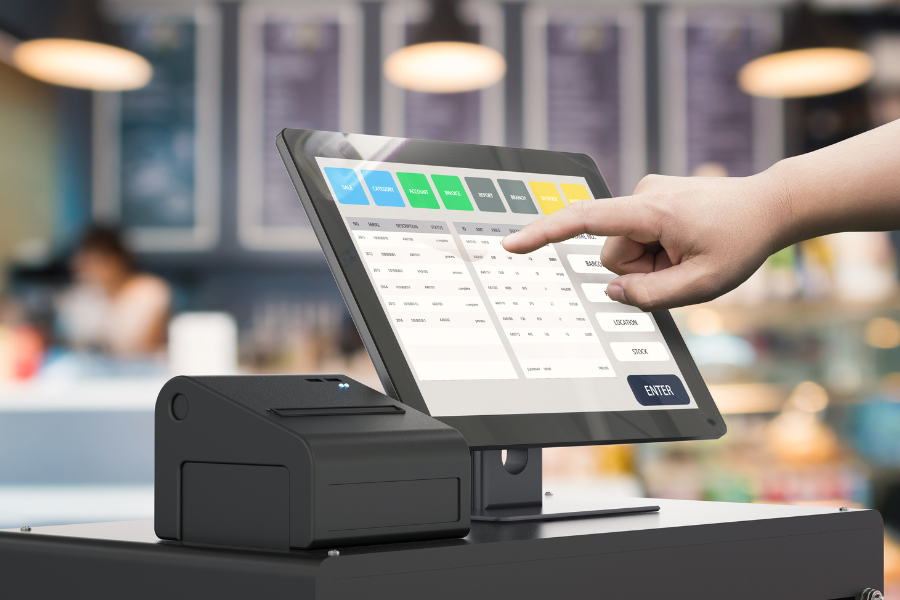
ENAC grants Deloitte Strategy, Risk & Transactions the first accreditation in the Point-of-Sale field (POS) accessibility assessment
See more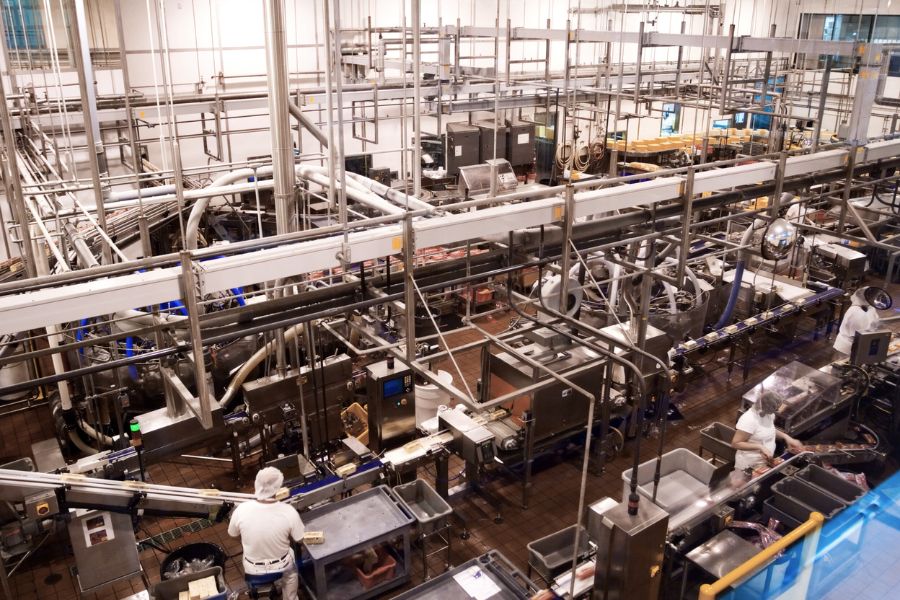
Castilla and León requires accreditation for conducting environmental inspection activities
See more
Accredited certification for the General Directorate of Traffic’s safe driving courses
See more
LGAI Technological Center: the first accredited certification body to operate under the European cybersecurity certification scheme EUCC
See more
Renewal of the EA and CEN-CENELEC cooperation agreement to strengthen the European market
See more
ITE: first ENAC-accredited laboratory for battery performance testing
See more
World Accreditation Day 2025: accreditation serving SMEs’ growth and competitiveness
See more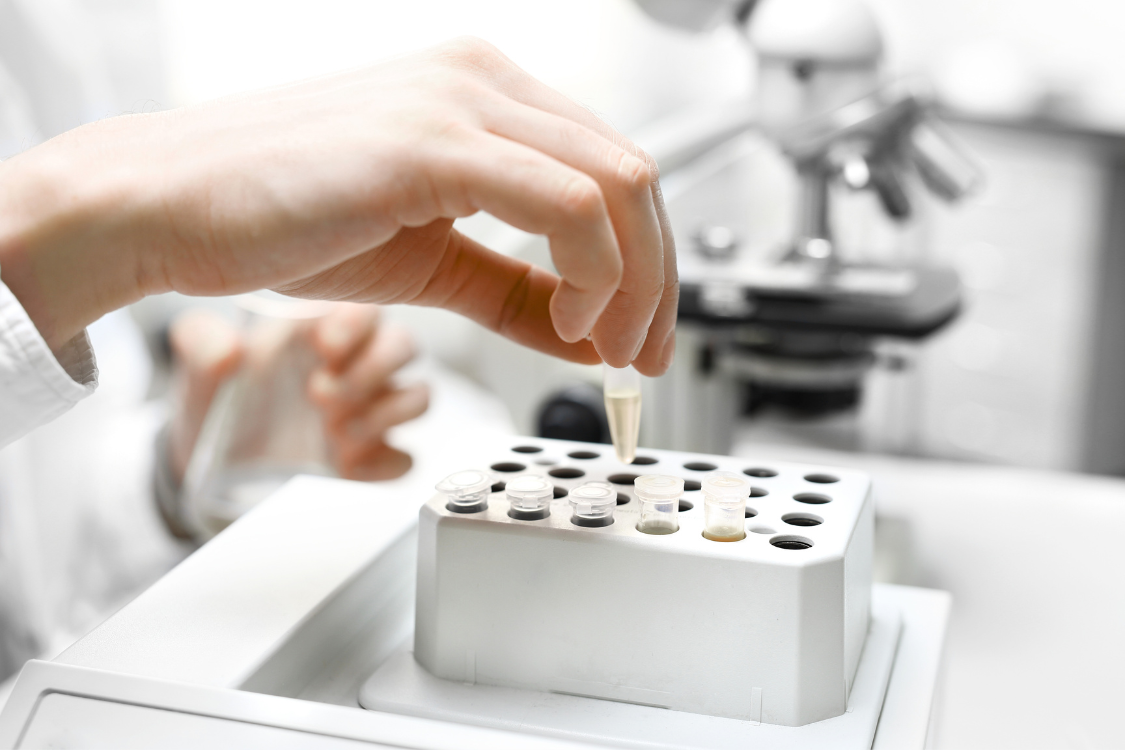
Andalucia’s Public Health System Biobank: first accredited in human pluripotent cell lines
See more
Green Building Certification: first accredited for inspecting and validating Do No Significant Harm for a private scheme under the EU Taxonomy
See more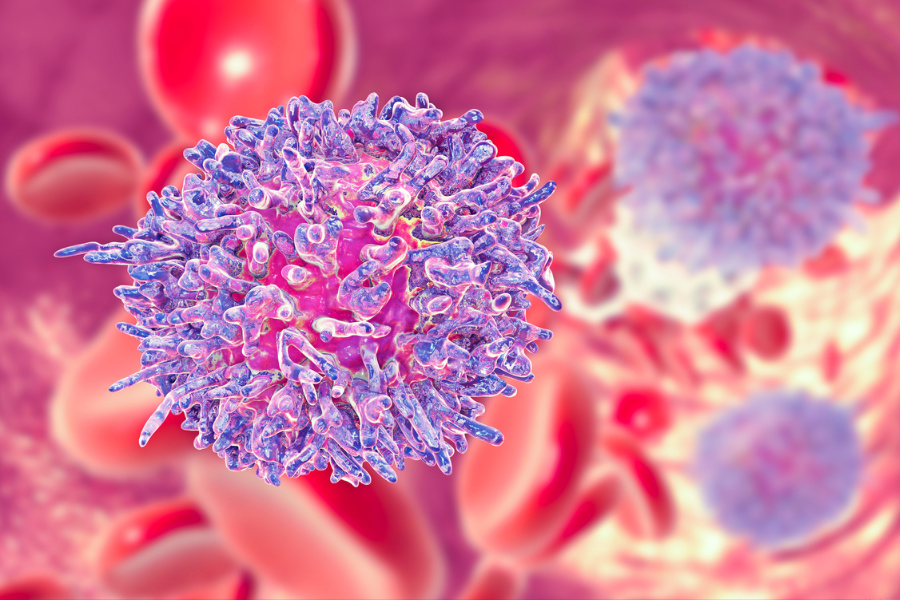
First accreditations for CAR-T cell quantification: an essential test for treating hematologic malignancies
See more
The Ministry of Industry, UNE, CEM, and ENAC promote quality infrastructure in Spain
See more
ENAC and the Spanish Data Protection Agency’s Institutional meeting to strengthen collaboration
See more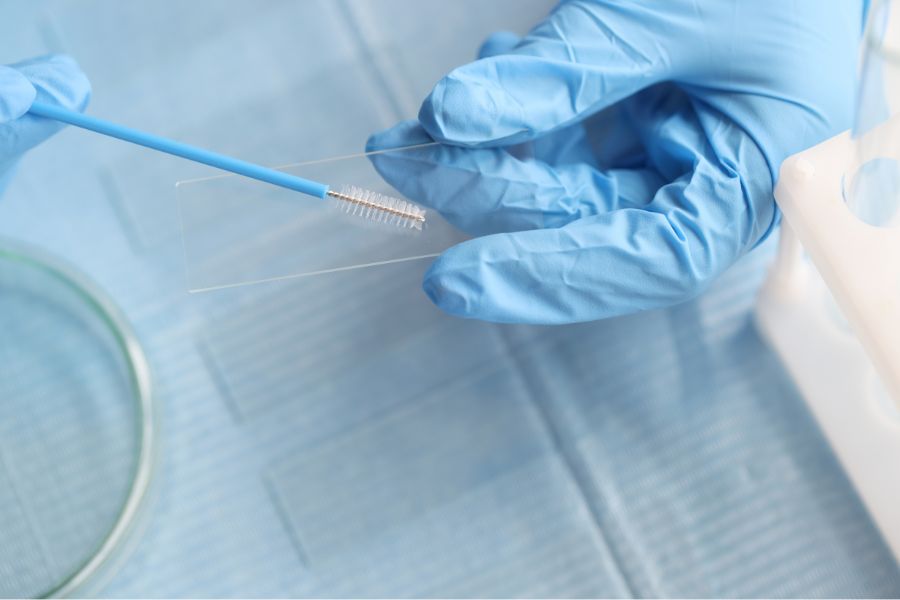
The Spanish Society of Cytology: first accredited as a aptitude test provider for detecting cervical cancer
See more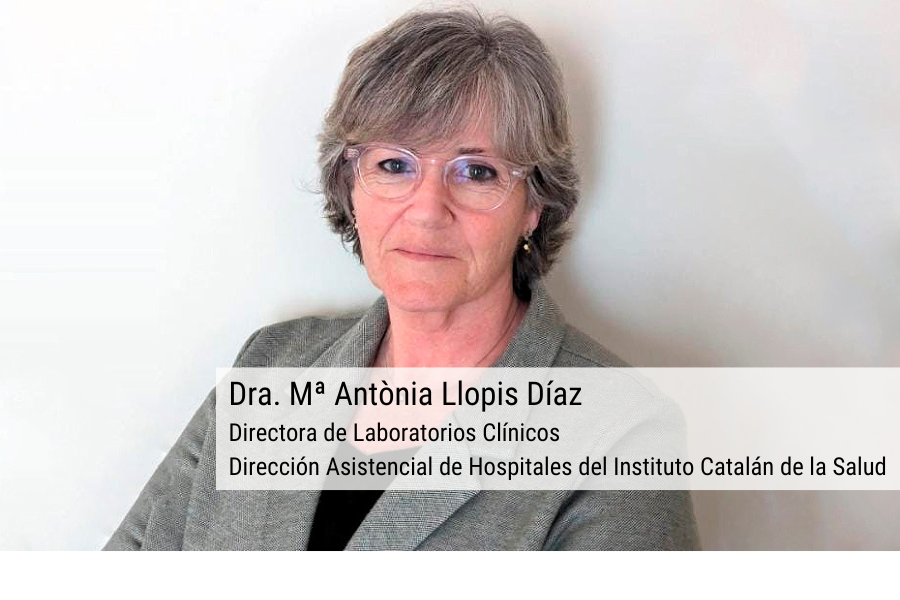
Interview with Dr. Mª Antònia Llopis Diaz, Director of Clinical Laboratories at the Hospital Assistance Directorate in the Catalan Institute of Health
See more
New accreditation scheme for renewable source gases
See more
ENAC and CDTI jointly promote validation and inspection activities applied to grants for R&D + Innovation in business projects
See more
The European Commission approves the specific requirements for certification bodies wanting to operate under the EUCC European cybersecurity scheme
See more
ENAC presents its Activity Report 2024
See more
Spain’s Institute of Engineering to collaborate with ENAC to strengthen the accreditation system’s expert network
See more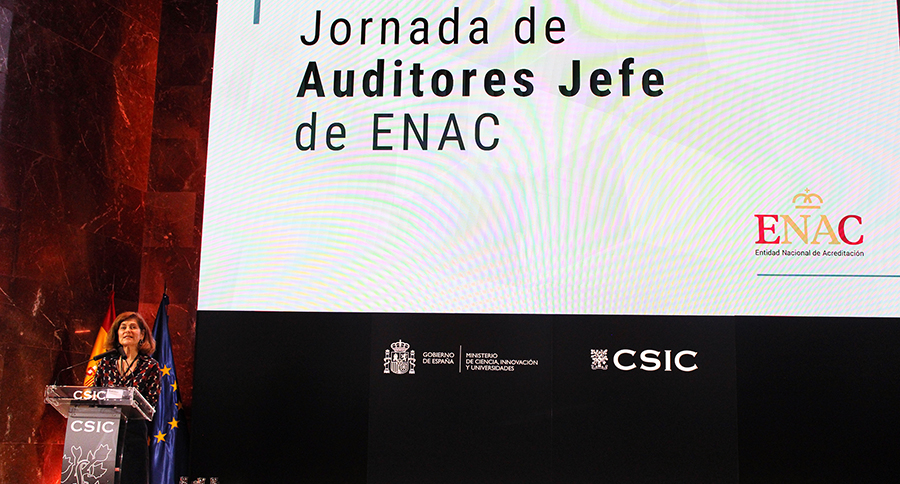
ENAC celebrates its Chief Auditors' Day: a space for a continually improving accreditation system
See more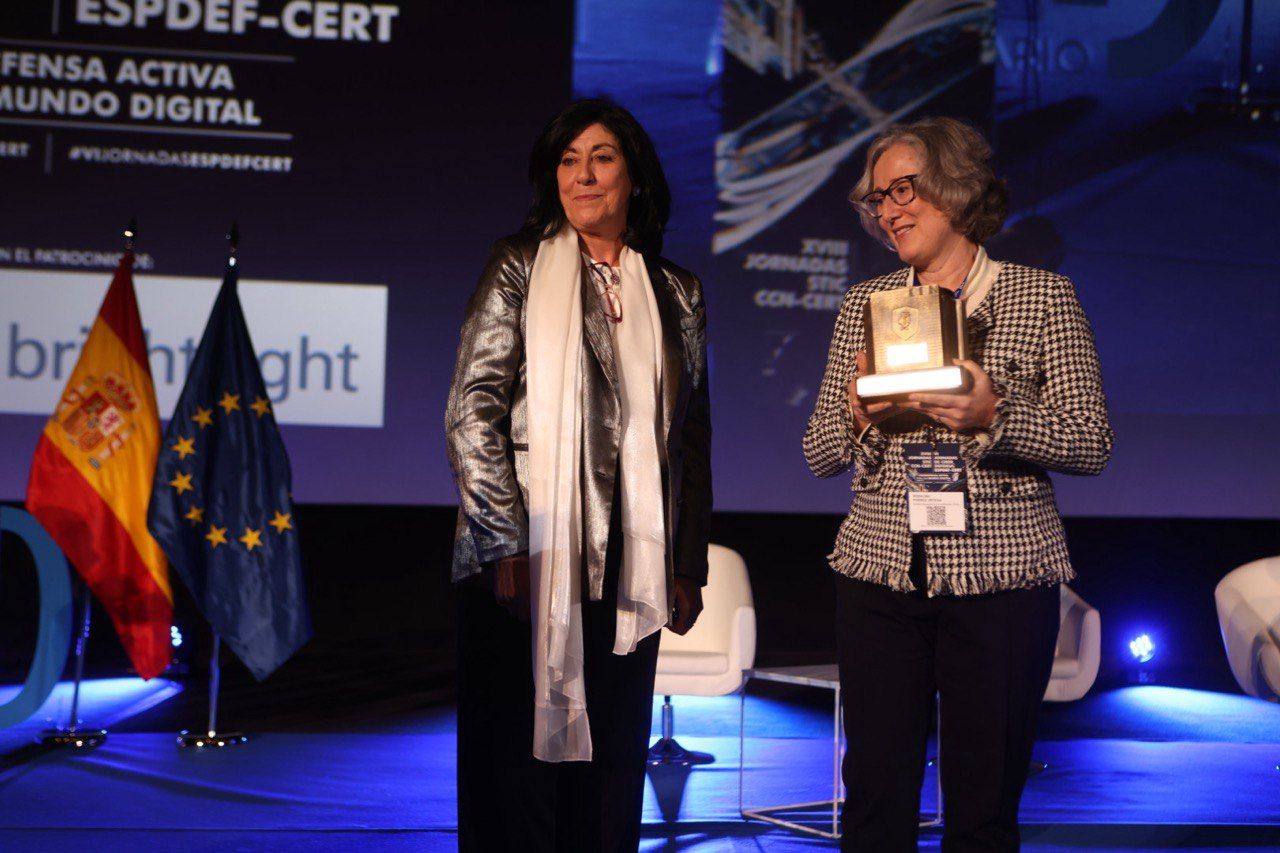
Rosalina Porres, awarded by the CCN for her professional career supporting cybersecurity
See more
ENAC presents the 2025 activity plan at its General Assembly
See more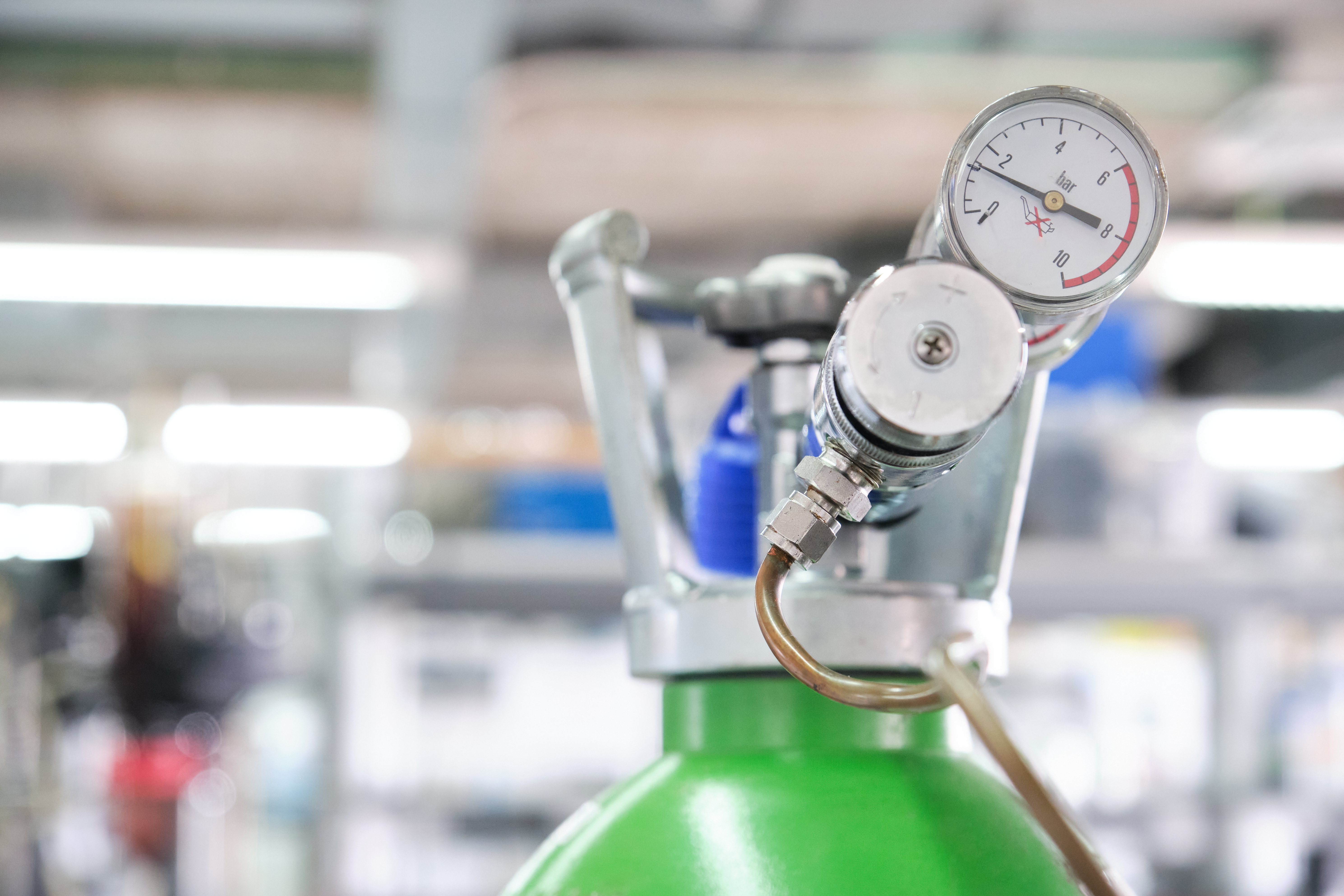
ENAC grants Carburos Metálicos the first accreditation as a reference material producer of gas mixtures
See more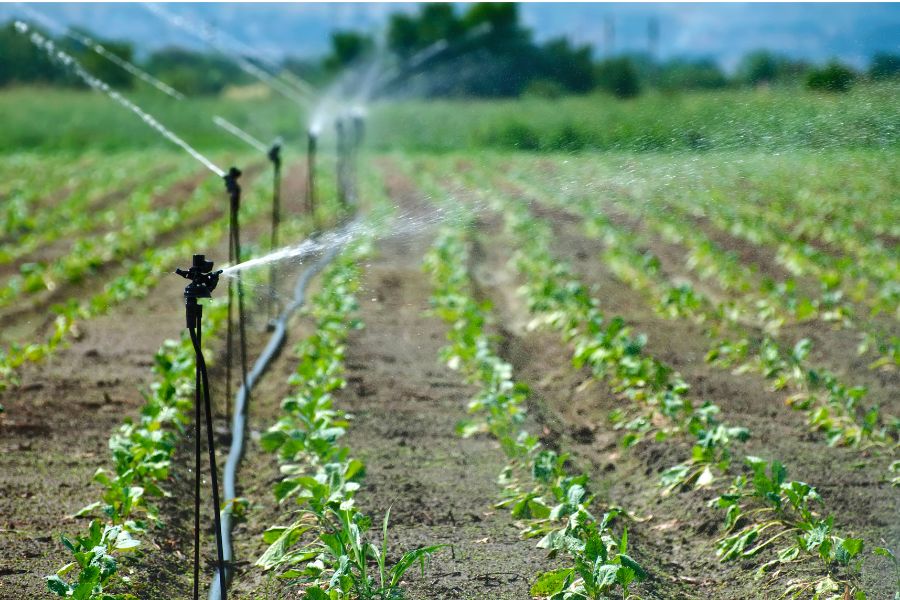
MITERD requires accredited inspection for water usage and discharge volumetric control systems
See more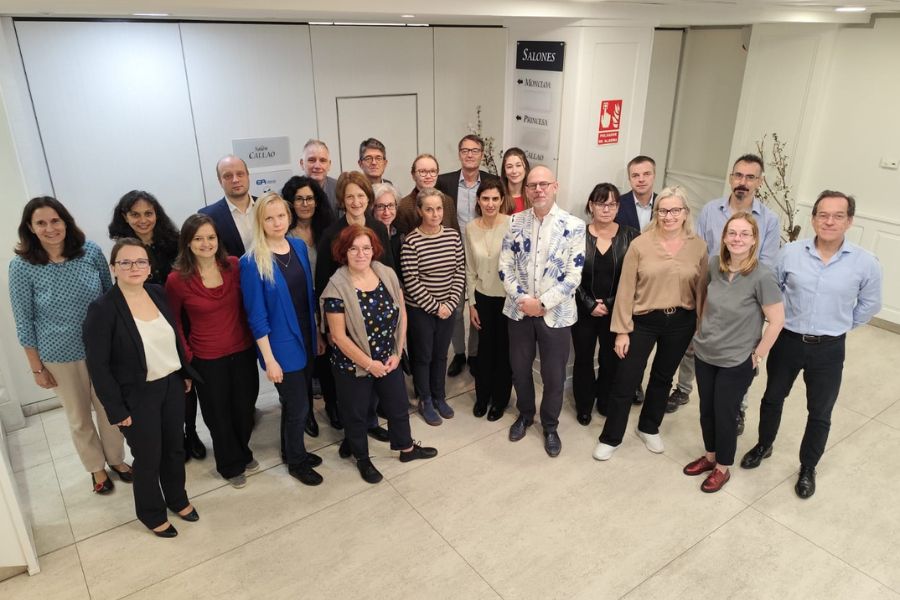
ENAC hosts the environmental working group meetings of the EA Certification Committee and FALB in Madrid
See more
The certification of persons’ scheme requirements for operators of self-propelled mobile cranes have been published by the Ministry of Industry and Tourism
See more
Dekra, first accredited body to certify the security of cryptographic modules
See more
ENAC grants the inspection body AGQ the first accreditation for assessing treatment efficiency prior to depositing municipal waste in landfill
See more
SGS Brightsight, first accredited body for IoT platforms security certification according to SESIP scheme
See more
Interview with Carmen Durán Parrondo, Director General of Public Health at the Xunta de Galicia's Department of Health
See more
SHAPYPRO, first accredited proficiency testing provider of biocidal efficacy suitability for antiseptic products and chemical disinfectants
See more
The Spanish market now has accredited bodies for verifying the energy savings certificate system
See more
UNIDO recognises the value of quality infrastructure to address the challenges of climate change
See more
Verus Certificación, first accredited body to certify quality in metallic materials’ welding
See more
Servicio de Certificación CAAE, first accredited according to the COSMOS scheme on organic and natural cosmetics
See more
LGAI Technological Center (Applus), first accredited laboratory according to the requirements of the new European cybersecurity certification scheme EUCC based on Common Criteria
See more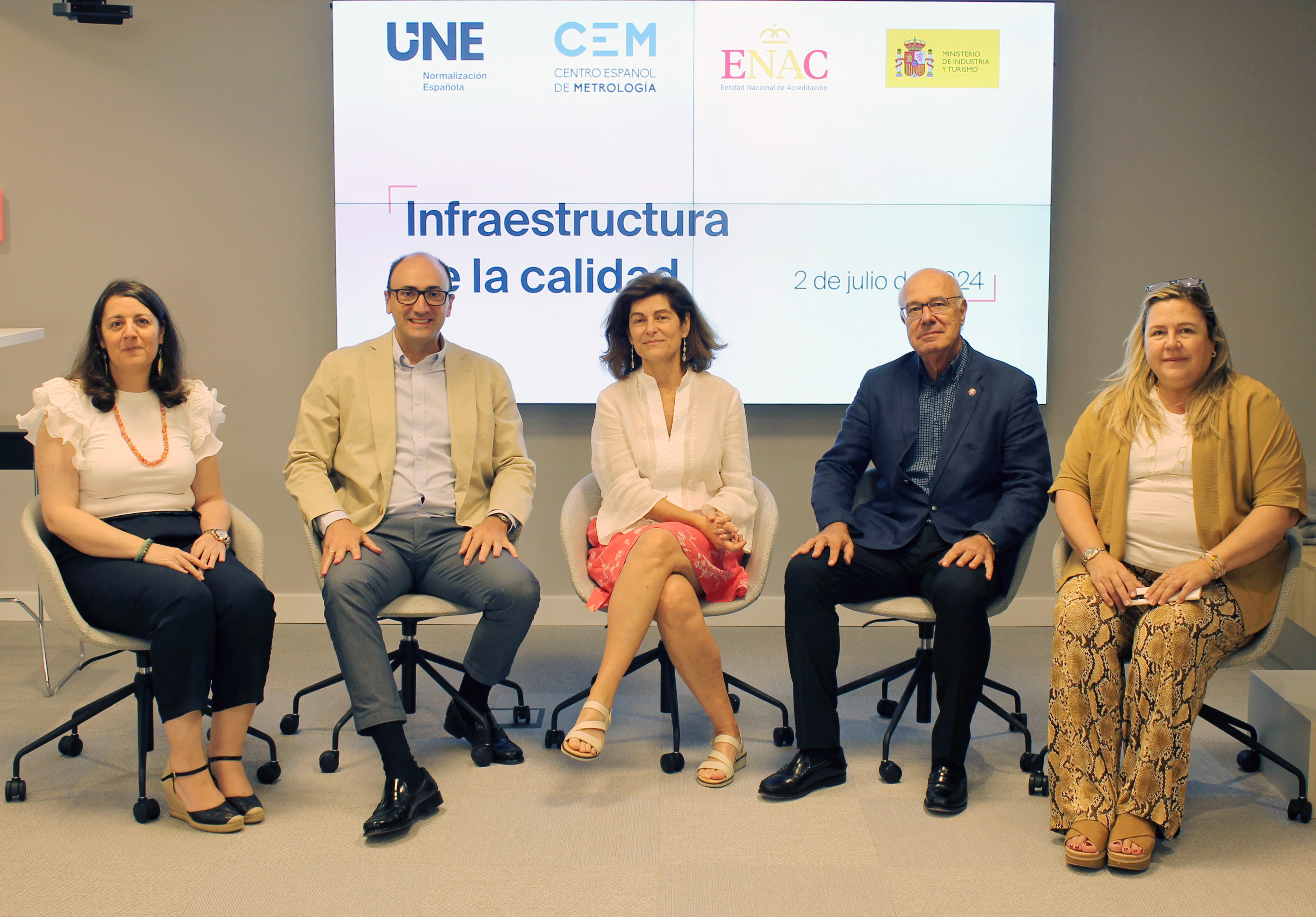
New projects to enhance Spanish quality infrastructure
See more
ENAC presents its 2023 Activity Report
See more
More than 400 ENAC-accredited bodies help protect the environment and preserve ecosystems
See more
ENAC accreditation, essential for guaranteeing reliable measurements
See more
Fundación Tekniker, first accredited laboratory to calibrate laser trackers
See more
Accreditation, a tool at the service of the future economy and society
See more
ENAC has passed the assessment to continue operating under the EMAS regulation
See more
Accreditation facilitates free trade between the European Union and New Zealand
See more
The World Trade Organization recognizes accreditation's value as a tool to aid free trade
See more
IVAC, first accredited body for management system certification in the end-of-waste thermoplastic field
See more
Instituto Nacional de Técnica Aeroespacial (INTA), first accredited body for calibrating initial velocity Doppler radar systems
See more
EMGRISA will collaborate with ENAC to expand its network of environmental sector experts
See more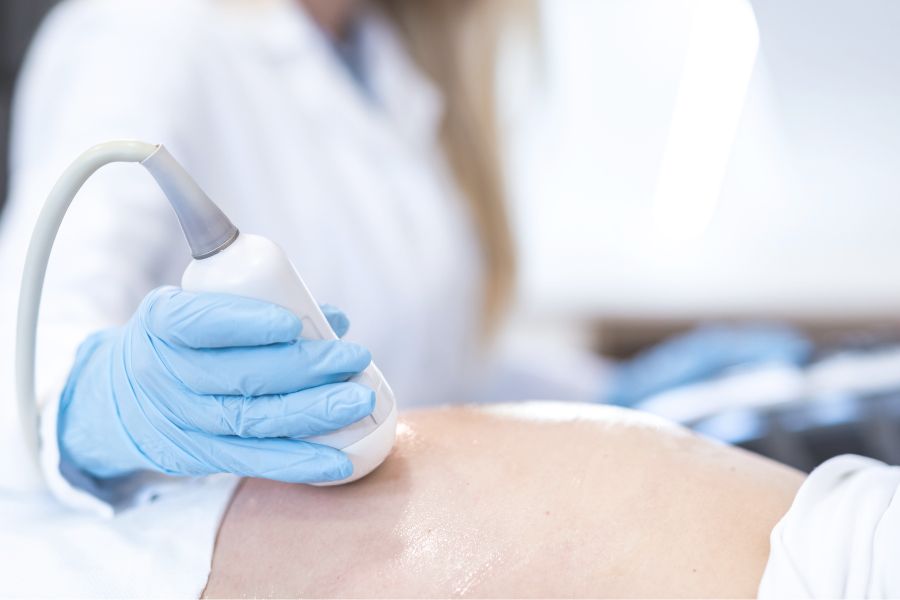
ENAC and the Spanish Prenatal Diagnosis Association agree to promote accreditation and make its role visible in the prenatal diagnosis field
See more
Verus Certification, first accredited body for railway sector welding process certification
See more
Accredited verifiers update their accreditation status for air operator emissions reports in CORSIA 2023 scheme
See more
Addient: the first inspection body accredited to carry out urban inspection and control activities in Andalusia
See more
EQA, first accredited body for DNSH verification as required by MITERD
See more
EU adopts EUCC Cybersecurity Certification Scheme based on Common Criteria
See more
Judgment on the fraudulent use of the accreditation mark
See more
ENAC presents the 2024 activity and budget plan at its General Assembly
See more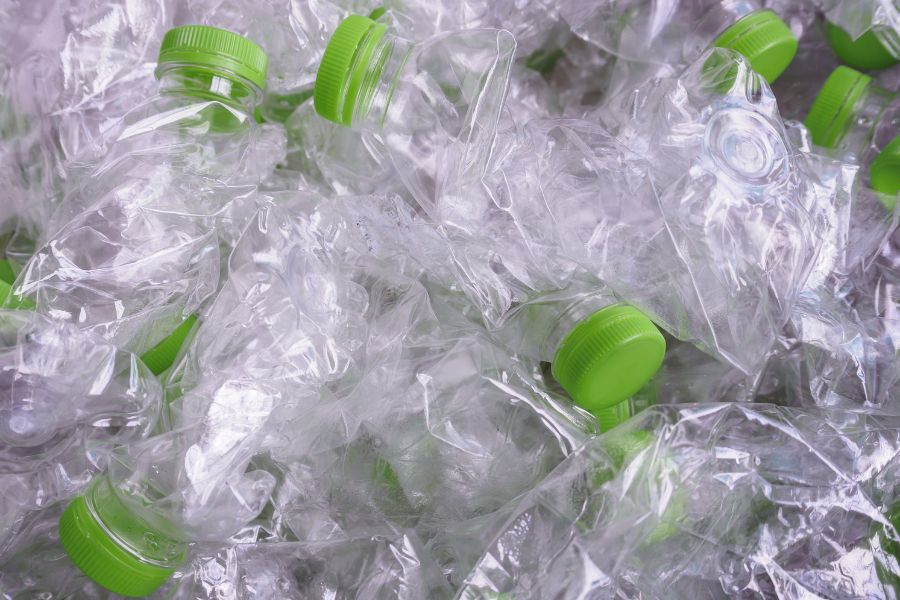
Accredited certification of recycled plastic in products subject to duty on non-reusable plastic packaging
See more
MITERD requires accredited assessment of the efficiency and stabilisation of municipal waste for landfills
See more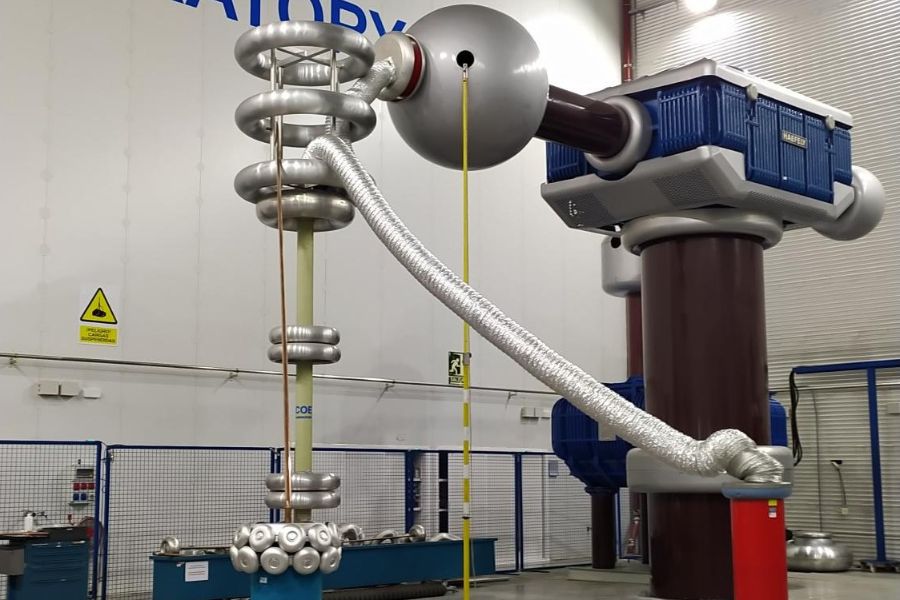
Laboratorio Central Oficial de Electrotecnia, first accredited laboratory to calibrate systems for measuring chopped lightning pulses and high-voltage capacitors
See more
ENAC pilot program for assessing laboratories for the future European cybersecurity certification scheme EUCC
See more
Laboratorio Técnico de Reformas, first accredited body to assess the SERMI scheme requirements
See more
New accreditation scheme for validating sustainability declarations
See more
Interview with Susana Pérez Baelo (MITERD) about accreditation in the energy saving certificates (Certificados de Ahorro Energético, CAE) system
See more
Andalucía requires collaborating bodies to be accredited in the urban control field
See more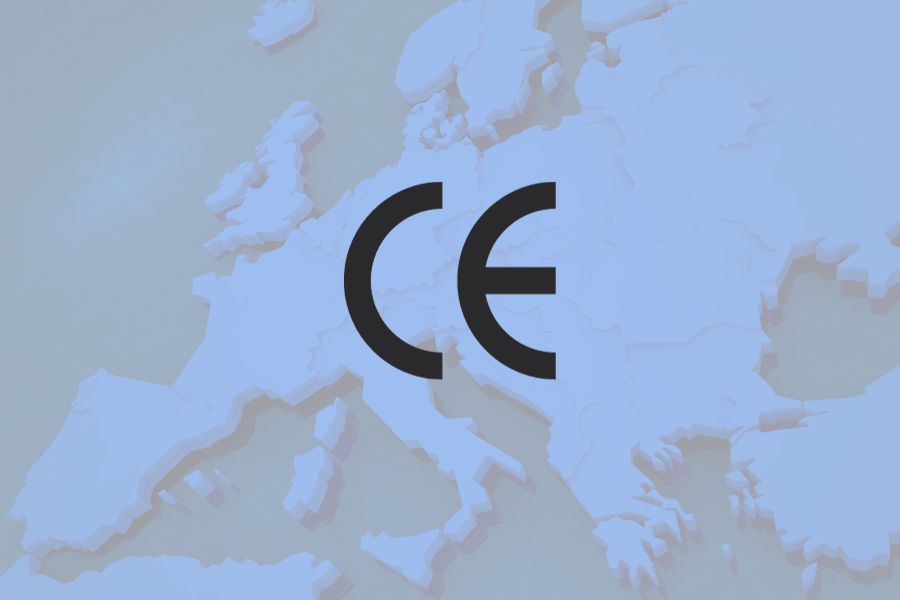
United Kingdom Government indefinitely extends British companies using the European CE mark
See more
ENAC's customer satisfaction increased in 2022
See more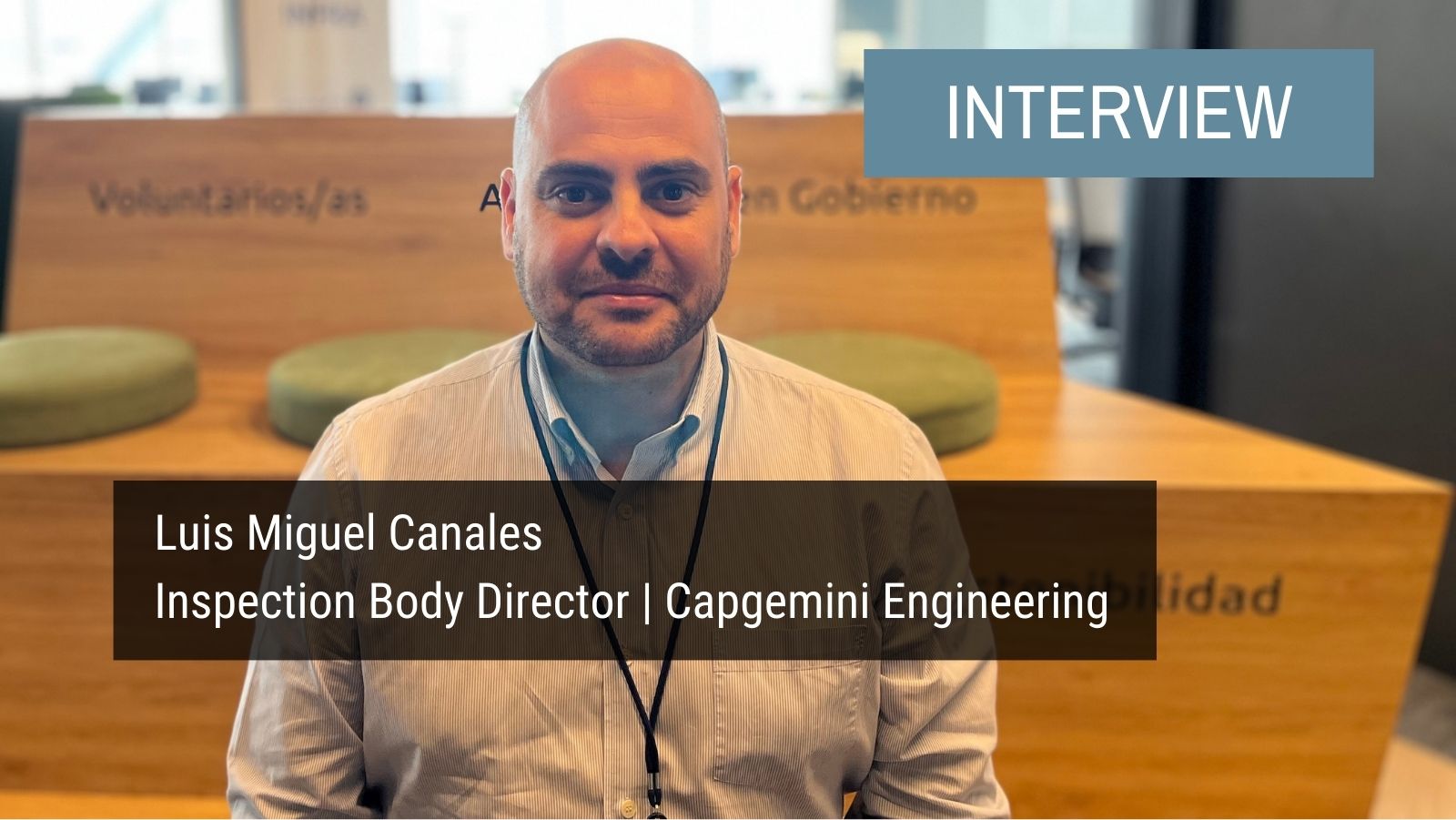
Capgemini: first accredited body for customer specifications inspection in aerospace, industrial, naval and railway sectors
See more
The new UNE standard on requirements for a industrial safety certification of persons scheme is published
See moreAccreditation News
Accreditation News is published quarterly and sent to organizations and to people who have asked to be included on its mailing list.
Would you like to receive a free copy of Accreditation News? Subscribe here.
